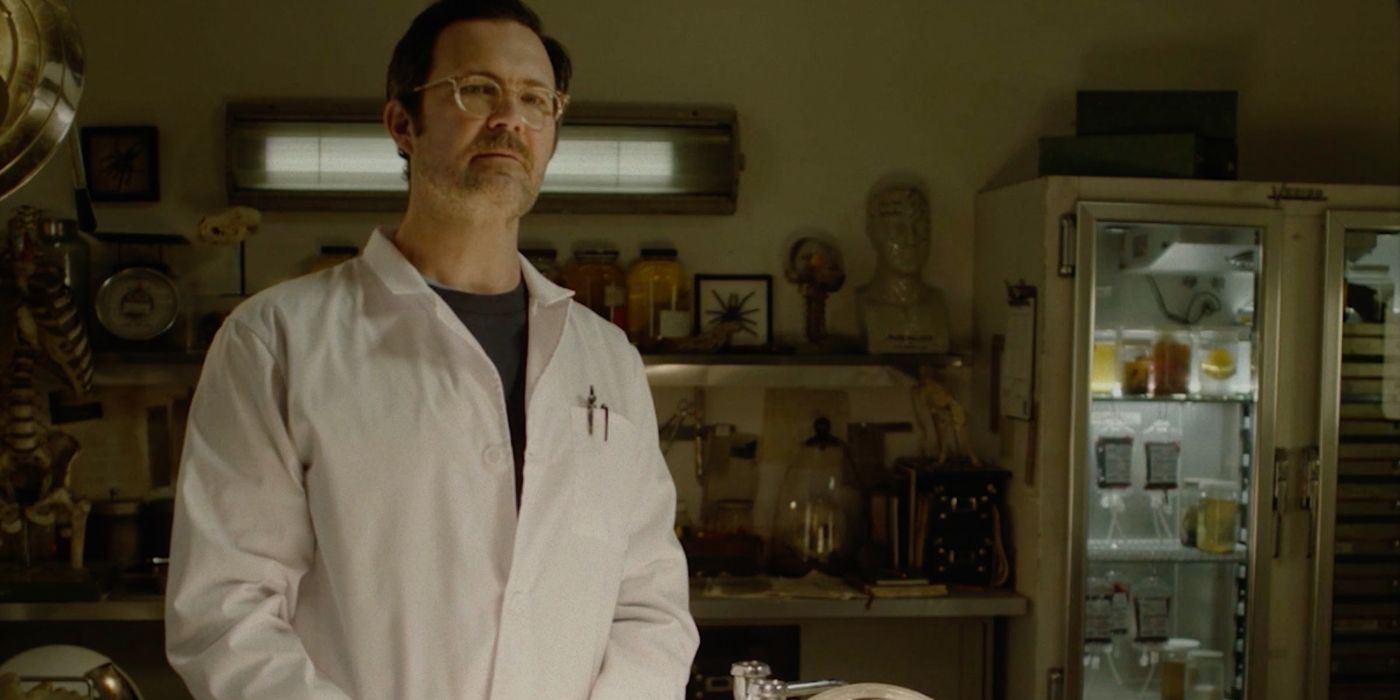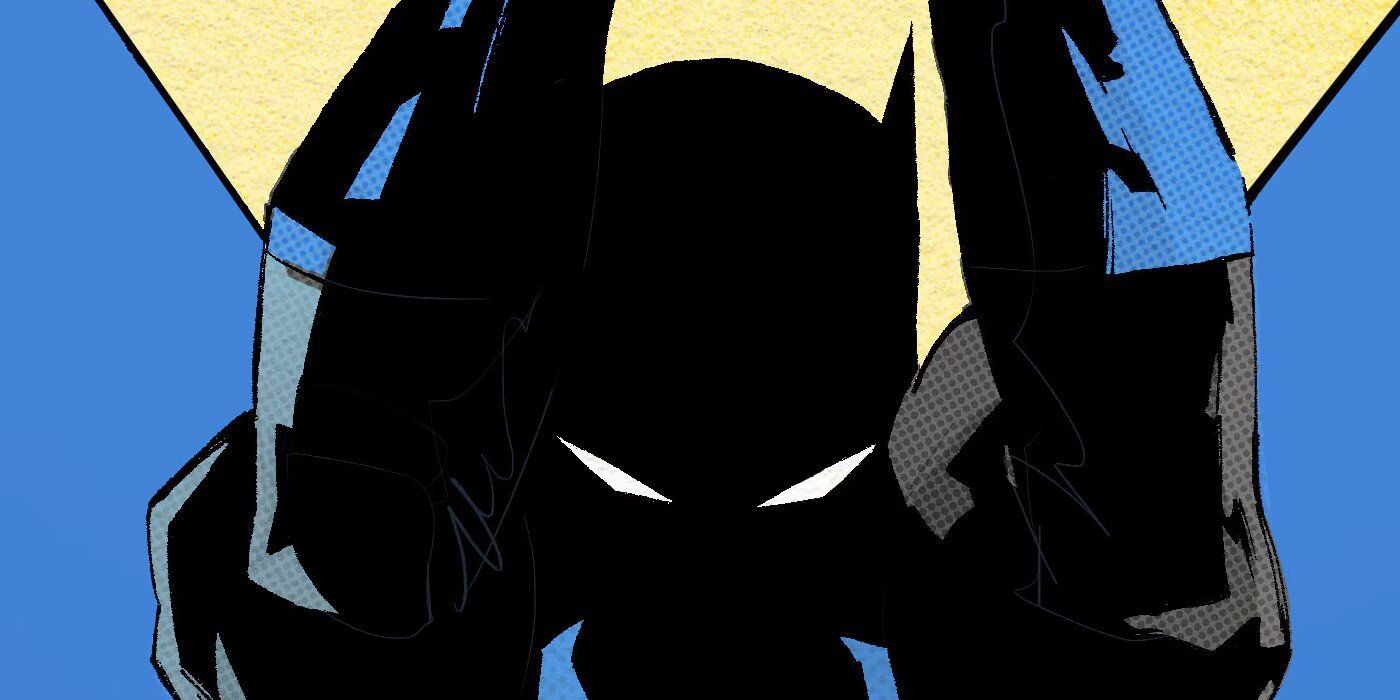Our bodies are constantly whispering to us, signaling their needs, desires, and troubles. One such crucial whisper revolves around testosterone, a vital hormone responsible for more than just masculine traits. But how do we know when our testosterone levels are dwindling? In today’s article, I’ll shed light on the most prevalent Low Testosterone Signs and the potential avenues for addressing them.
Testosterone: The Unsung Hero
Before we delve into the signs, let’s understand the hormone in question. Testosterone, produced primarily in the testes for men and, in smaller amounts, the ovaries for women, plays a pivotal role in muscle mass, bone density, fat distribution, and even mood regulation.
Recognizing Low Testosterone Signs
Fatigue and Decreased Energy: One of the foremost signs of reduced testosterone is an unexplained sense of fatigue, even after adequate rest. You might find it harder to get out of bed or feel drained throughout the day.
- Reduced Libido: Testosterone is a key player in sexual drive. A significant drop in libido often raises flags about possible testosterone decline.
- Erectile Dysfunction: While many factors contribute to erectile issues, low testosterone can indeed play a part. If you’re experiencing difficulty achieving or maintaining an erection, it might be worth investigating your testosterone levels.
- Mood Fluctuations: Testosterone influences mood and mental capacity. Low levels might lead to feelings of sadness, depression, or a general lack of motivation.
- Reduced Muscle Mass: If you’ve been working out but aren’t seeing the gains, or if your muscles seem to be waning without explanation, low testosterone might be the culprit.
- Increased Body Fat: Particularly concerning is the increase in breast tissue, a condition known as gynecomastia, which can be linked to testosterone imbalances.
- Diminished Bone Density: Testosterone aids in bone production. A deficiency could make one more prone to fractures due to decreased bone density.
- Memory Issues: There’s emerging evidence suggesting that low testosterone might be linked to cognitive challenges, including memory lapses.
- Reduced Hair Growth: Testosterone plays a role in hair production. A decrease can lead to reduced hair growth, not just on the scalp but over the entire body.
- Hot Flashes: Though commonly associated with women’s menopause, men with low testosterone can also experience this uncomfortable symptom.
Navigating the Path to Resolution
If any of these symptoms resonate with your experience, it’s crucial not to panic but to seek professional guidance. A simple blood test can ascertain your testosterone levels.
For those diagnosed with a deficiency, testosterone replacement therapy (TRT) can be a game-changer. TRT can replenish testosterone levels, potentially alleviating many of the aforementioned symptoms.
Choosing the Right Testosterone Replacement Therapy Clinic
Opting for TRT is a decision that should be taken with care, guidance, and ample information. Ensure you:
- Research: Find a reputable testosterone replacement therapy clinic with experienced professionals like TRT clinic in Adamsville, AL.
- Ask Questions: Understand the potential benefits, risks, and side effects of TRT.
- Monitor: Once on TRT, regular check-ups ensure you’re on the right track and address any concerns promptly.
Final Thoughts
The journey to treat low testosterone begins with recognizing the signs. While the symptoms listed can indeed point to other conditions, understanding the crucial role of testosterone and being open to exploration is the first step.
Should you tread the path of TRT, remember that the goal isn’t just to replenish a hormone but to restore quality of life. Choose a testosterone replacement therapy clinic that understands this holistic view, offering not just treatment but comprehensive support.
In the vast symphony of our body’s whispers, understanding the notes of low testosterone can make all the difference. Here’s to informed choices and harmonious health!
You can view the original article HERE.





























